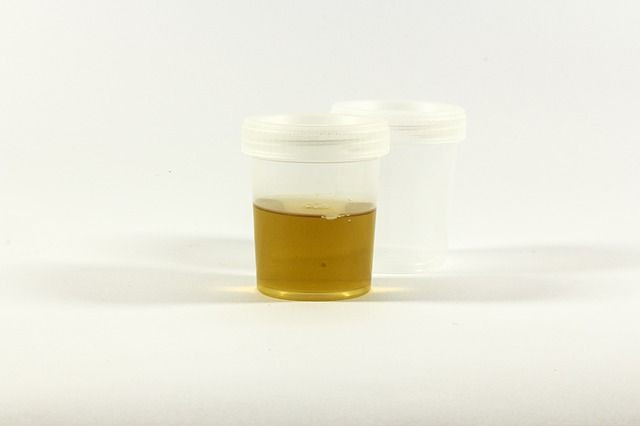New Cancer-Screening Urine Test Has 99% Accuracy Rate
A simple urine test could soon help prevent pancreatic and prostate cancer from progressing through early detection.
Researchers from the Surface & Nano Materials Division of the Korea Institute of Materials Science recently developed a strip-type urine sensor capable of amplifying the light signal of metabolites in urine to diagnose cancer.
In a press release, the research team shared that their new technology can be applied for the screening of prostate cancer and pancreatic cancer without an additional analysis process. They said they intentionally created a strip-type device capable of diagnosing cancer quickly and with high sensitivity in the field.
Cancer cells that promote tumor growth release metabolites. A special type of light scattering technique detects these cancer metabolites in a small volume of urine (10uL) placed on a test strip.
Lead study author Dr. Ho Sang Jung said the test can detect cancer at various stages. Their artificial intelligence-based analysis method also showed a 99% rate of accuracy in detecting prostate and pancreatic cancer, according to him.
“The purpose of developing this kind of technology is to screen the cancer patient before they go to the hospital. We are not sure that the test strip can differentiate cancer at very early stages, but at least it can suggest the possibility of cancer status — so the patient may then go to the hospital for a precise medical checkup,” he told Fox News Digital via email.
Current cancer-diagnosing techniques involve blood tests and radiological methods. Many people also rely on annual health checkups to detect the occurrence of cancer. Often, cancer is detected late, so treatment is delayed. The researchers want to change that with this advancement.
“In the case of cancers where the diagnosis method is not well known, such as pancreatic cancer, it is difficult to detect, and the survival rate after initial diagnosis is low. ... Since early diagnosis is the most important for incurable diseases such as cancer, we expect this technology to provide a new diagnostic method,” Jung said in the press release.
Since the production price of the strip-type sensor is very affordable, the urine test can become available for home use in the long run. But more research is needed for now to establish its credibility.
"If the test is as reliable as they say it is, it may have an important role in screening, as the current PSA [prostate-specific antigen] blood test we use is notoriously unreliable. There is a big need for something like this,” Dr. James Anaissie, a urologist with Memorial Hermann in Houston, Texas, who was not part of the study, told Fox News Digital in an email.




























